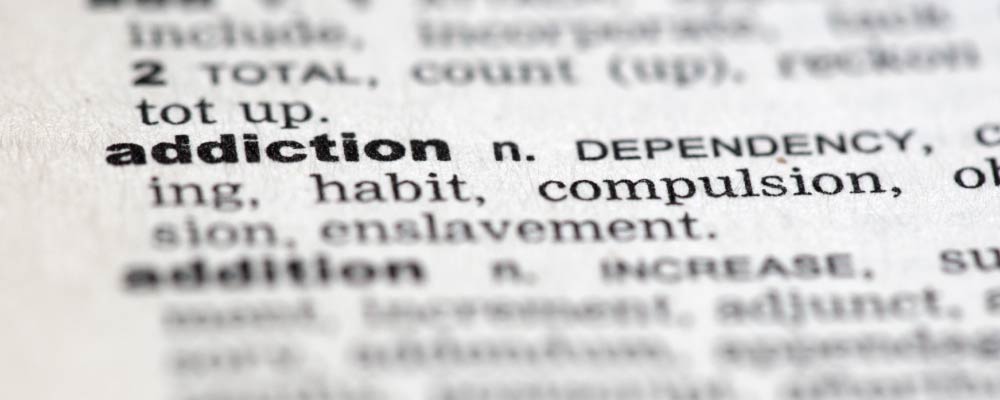Stages of Addiction Recovery: An Overview
Starting the journey of addiction recovery is a big moment in life. Understanding the stages of addiction recovery is important for handling them well. In this guide, we’ll talk about these stages to help you navigate through them effectively. From realizing the addiction to staying sober in the long term, each stage has its own challenges. Let’s dive in and explore the path to healing and wellness.
Stage 1: Acknowledgment and Awareness
- Acknowledging the Addiction: The first step towards recovery is acknowledging the presence of addiction in one’s life. It requires honesty and courage to confront the reality of substance dependence.
- Role of Awareness: Awareness serves as a catalyst for change, igniting the desire to break free from the chains of addiction. Recognizing the impact of addiction on oneself and others lays the foundation for the journey ahead.
Stage 2: Contemplation and Motivation
- Contemplation Stage: During this phase, individuals weigh the pros and cons of their addictive behavior, contemplating the possibility of change. It’s a period of introspection and evaluation, often accompanied by ambivalence.
- Building Motivation: Motivation emerges as a driving force, propelling individuals towards recovery. It involves cultivating a compelling reason to pursue a life free from addiction and envisioning a brighter future.
Stage 3: Preparation for Action
- Steps in Preparation: Preparation entails concrete steps towards initiating change and embracing sobriety. It involves setting realistic goals, seeking support, and addressing potential obstacles.
- Recovery Skills: Equipping oneself with essential recovery skills is paramount at this stage. These skills encompass coping mechanisms, stress management techniques, and effective communication strategies.
Stage 4: Taking Action Towards Recovery
- Definitive Action: Taking action signifies a commitment to reclaiming control over one’s life and overcoming addiction. It involves implementing a personalized recovery plan, which may include therapy, medication, and lifestyle modifications.
- ADAPT Programs Support: At ADAPT Programs, we offer a myriad of support systems and resources to aid individuals in their journey towards recovery. Our dedicated team provides guidance, encouragement, and a nurturing environment for growth.
Stage 5: Maintenance and Long-Term Sobriety
- Sobriety Maintenance: Sustaining sobriety requires ongoing effort and vigilance. It involves developing healthy habits, building a strong support network, and practicing self-care.
- Preventing Relapse: Vigilance against relapse is crucial in maintaining long-term sobriety. Recognizing triggers, seeking timely support, and staying connected with peers are integral components of relapse prevention.
- Long-Term Sobriety Milestones: Celebrating milestones along the journey reinforces the significance of progress. Whether it’s days, months, or years of sobriety, each milestone is a testament to one’s resilience and commitment to a fulfilling life free from addiction.
Relapse Prevention Strategies
Relapse prevention strategies are essential for maintaining your recovery journey. These techniques help you stay on track and avoid returning to addictive behaviors. Here are some key strategies to consider:
- IDENTIFY TRIGGERS: Recognize people, places, or situations that may tempt you to relapse. Avoiding these triggers or developing coping mechanisms to deal with them effectively is crucial.
- BUILD A SUPPORT NETWORK: Surround yourself with supportive individuals who understand your journey and can offer encouragement during challenging times. Engaging with support groups or therapy sessions can provide valuable insight and motivation.
- DEVELOP HEALTHY HABITS: Establishing a routine that includes regular exercise, nutritious meals, and sufficient sleep can promote overall well-being and reduce the risk of relapse.
- PRACTICE STRESS MANAGEMENT: Find healthy outlets for stress relief, such as meditation, deep breathing exercises, or engaging in hobbies and activities that bring you joy and relaxation.
Frequently Asked Questions
What are the 5 recovery skills essential for overcoming addiction?
The five essential recovery skills are coping mechanisms, stress management techniques, effective communication, problem-solving skills, and healthy lifestyle habits.
How many years is considered long-term sobriety?
Long-term sobriety is typically considered to be at least five years of sustained abstinence from addictive substances.
What are the 5 stages of change in addiction?
The five stages of change are precontemplation, contemplation, preparation, action, and maintenance.
What are the 4 C’s of addiction?
The 4 C’s of addiction are cravings, control loss, compulsion to use, and continued use despite consequences.
What are the six core components of addiction?
The six core components of addiction are tolerance, withdrawal symptoms, loss of control, preoccupation with substance use, continued use despite negative consequences, and relapse.
Related Links
- Alcohol & Drug Addiction Treatment
- Relapse Prevention Strategies
- Heroin Detox Center in Houston
- Outpatient Detox Program in Houston
- Physical and Emotional Effects of Drug Addiction
- Opiate Detox in Houston
- Cocaine Rehab Center in Houston
- Family’s Role in Addiction Recovery
- Kratom Addiction Treatment
- Mental Health Program
- Drug Addiction Treatment Guide
- Benzo Detox in Houston
- Xanax Drug Rehab Houston
- Different Types Of Drug Addiction



